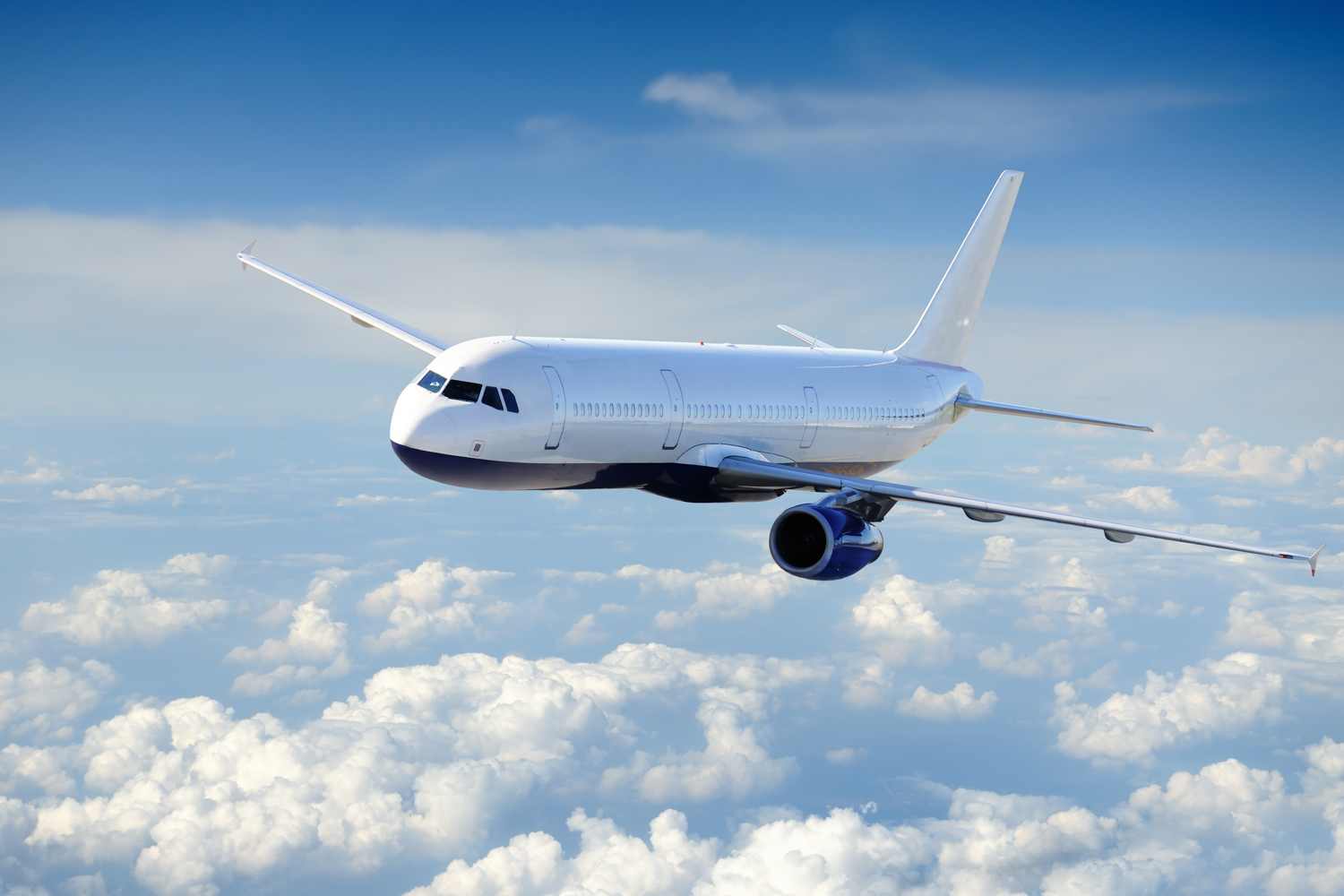News
Airlines accused of breaking consumer law with ‘no show’ clauses

Airlines are at risk of breaking consumer law by imposing rip-off ‘no show’ clauses when passengers miss the first leg of their journey, according to Which?.
The consumer group has warned that these clauses, often buried within the airline’s terms and conditions, allow the airline to classify a passenger who misses an outbound flight as a ‘no show’.
This means they can cancel their connecting or return flights, often offering no refund, providing them with an opportunity to resell their seats. They are effectively able to able to double their money.
Which? pointed out that this is not communicated with the ‘no show’ passenger, so if they turn up for their return flight they can be forced to buy another seat at an inflated price or pay a hefty fine simply to use their original ticket. In some cases, this can be as high as €3,000.
The consumer group looked at the terms and conditions of 16 airlines and found that 11 included these clauses. In light of this, the group has written to nine carriers – including BA and Virgin Atlantic – informing them that the practice is potentially in breach of both the Consumer Rights Act and the Unfair Terms in Consumer Contracts Directive.
In response to an initial investigation by Which?, Thomas Cook and Aurigny have already agreed to drop their ‘no show’ clauses.
However, some companies are resistant to making changes, claiming that these practices are necessary to stop ‘tariff abuse’- where passengers buy return tickets that are cheaper than a single flight.
Which? has written to the airlines and asked them to respond by Friday 28 December.
Alex Neill, managing director of home products and services at Which?, explained: “We don’t think there’s any good reason for a ‘no show’ clause to exist – it only works in favour of the airline. It should be removed immediately by airlines, who need to show more respect for their passengers.”